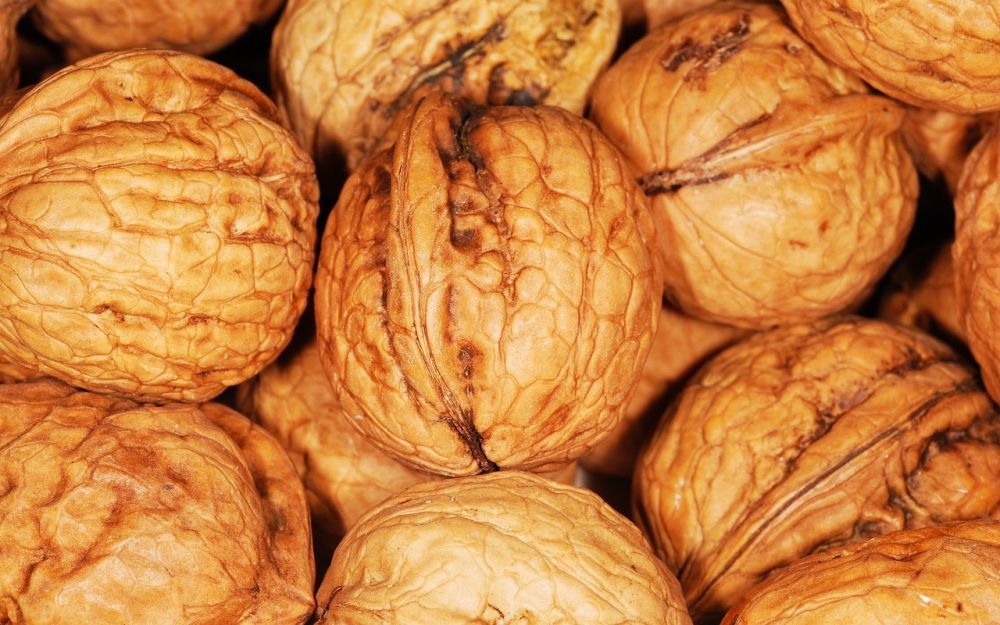Keto Diet Vegan: A Comprehensive Guide

Introduction:
The Keto Diet Vegan is a unique dietary approach that combines elements of both the ketogenic diet and veganism. It has gained popularity in recent years due to its potential health benefits and the growing interest in plant-based eating. This article aims to provide a thorough overview of the Keto Diet Vegan, including its definition, types, popularity, quantitative measurements, differences between various approaches, and a historical review of its advantages and disadvantages.
1. Definition and Overview of Keto Diet Vegan:

The Keto Diet Vegan is a dietary regimen that incorporates the principles of both keto and vegan diets. The ketogenic diet focuses on high fat, low carbohydrate, and moderate protein intake to induce ketosis, a metabolic state where the body uses fat as its primary source of energy. On the other hand, veganism is a lifestyle that avoids all animal products, including meat, dairy, eggs, and honey. The Keto Diet Vegan combines these two approaches by maintaining a low-carbohydrate, high-fat, and plant-based eating pattern.
2. Types and Popularity of Keto Diet Vegan:
There are several variations of the Keto Diet Vegan, each with its own emphasis on food choices and macronutrient ratios. Some popular types include the Standard Keto Vegan, High-Protein Keto Vegan, and the Raw Keto Vegan. The Standard Keto Vegan follows the typical ketogenic macronutrient ratios while excluding all animal products. The High-Protein Keto Vegan focuses on incorporating high-protein plant-based foods, such as legumes and tofu. The Raw Keto Vegan is a variation that emphasizes raw and unprocessed plant-based foods in the ketogenic macronutrient ratios.
The Keto Diet Vegan has gained popularity among health-conscious individuals looking to optimize their health, lose weight, improve insulin sensitivity, and reduce inflammation. Its plant-based focus also aligns with the growing demand for sustainable and ethical food choices.
3. Quantitative Measurements of Keto Diet Vegan:
Quantitative measurements play a crucial role in assessing the efficacy and compliance of the Keto Diet Vegan. Tracking macronutrient intake, blood ketone levels, and body composition can provide valuable insights into the success of the diet. Ketone levels can be measured using urine, blood, or breath tests. By monitoring ketone levels, individuals can ensure they are effectively reaching and maintaining ketosis. Additionally, tracking body weight, body fat percentage, and other body composition metrics can help individuals track progress and adjust their approach as needed.
4. Differences Between Various Keto Diet Vegan Approaches:
While all variations of the Keto Diet Vegan share a similar underlying principle of low carbohydrate and high fat intake, there are differences in food choices and macronutrient breakdowns between different approaches. Some variations may prioritize certain types of plant-based protein sources or include specific food restrictions. These differences allow individuals to choose a version of the diet that aligns with their preferences and personal goals.
5. Historical Review of Advantages and Disadvantages of Keto Diet Vegan:
The Keto Diet Vegan has both advantages and disadvantages, which have evolved over time as the diet gained recognition. Advantages include potential weight loss, improved insulin sensitivity, increased energy levels, and reduced inflammation. Additionally, the diet may offer environmental benefits by promoting sustainable and ethical food choices. However, some disadvantages include potential nutrient deficiencies, challenges in meeting protein requirements, and the need for careful planning to maintain ketosis without animal products.
Conclusion:
The Keto Diet Vegan presents a unique dietary approach that combines the principles of the ketogenic diet and veganism. It offers individuals an opportunity to optimize their health, lose weight, and reduce their impact on the environment. By understanding the various types, quantitative measurements, differences between approaches, and historical advantages and disadvantages, individuals can make informed decisions about adopting the Keto Diet Vegan.
[INSERT VIDEO HERE]
Overall, the Keto Diet Vegan offers a compelling option for those looking to combine the benefits of ketosis and plant-based eating. Its popularity is likely to continue to grow as more individuals seek personalized and sustainable approaches to their diet and lifestyle.
FAQ
What are the advantages and disadvantages of the Keto Diet Vegan?
What are the different types of Keto Diet Vegan?
What is the Keto Diet Vegan?
Fler nyheter
Massage helsingborg avslappning, återhämtning och bättre välmående
Introduction: The Keto Diet Vegan is a unique dietary approach that combines elements of both the ketogenic diet and veganism. It has gained popularity in recent years due to its potential health benefits and the growing interest in plant-based eatin...
31 januari 2026
Massör i Linköping: Så hittar du rätt behandling för kropp och hälsa
Introduction: The Keto Diet Vegan is a unique dietary approach that combines elements of both the ketogenic diet and veganism. It has gained popularity in recent years due to its potential health benefits and the growing interest in plant-based eatin...
14 januari 2026
Terapi i Stockholm: Så hittar fler lugn, riktning och balans
Introduction: The Keto Diet Vegan is a unique dietary approach that combines elements of both the ketogenic diet and veganism. It has gained popularity in recent years due to its potential health benefits and the growing interest in plant-based eatin...
11 januari 2026
Thaimassage Malmö – traditionell kunskap för moderna behov
Introduction: The Keto Diet Vegan is a unique dietary approach that combines elements of both the ketogenic diet and veganism. It has gained popularity in recent years due to its potential health benefits and the growing interest in plant-based eatin...
03 december 2025











